
An ostrich-shaped robot on display at the third Global Digital Trade Expo, which opened in Hangzhou, Zhejiang province, on Wednesday. (DONG XUMING/FOR CHINA DAILY)
Greater efforts are needed to strengthen international cooperation in digital trade and to collectively formulate international rules related to such business activity, a sector which has injected new impetus into world economic growth, officials and experts said.
China is willing to work with other nations to support the deeper application of cutting-edge technologies, promote the balanced development of digital trade in all fields, and help small and medium-sized enterprises worldwide achieve sustainable development through digital and intelligent transformation, said Zheng Jianbang, vice-chairman of the Standing Committee of the 14th National People's Congress, the country's top legislature.
Zheng made the remarks at the launch ceremony of the third Global Digital Trade Expo, which opened in Hangzhou, Zhejiang province, on Wednesday.
He said China has attached great importance to the development of digital trade, which is regarded as one of the three pillars supporting the development of a strong trading nation, alongside trade in goods and services.
Zheng stressed the need to deepen dialogue and cooperation with other countries in the aspect of governance and to actively take part in the formulation of multilateral, bilateral and regional rules concerning digital trade, so as to create an open, fair, just and nondiscriminatory environment for the development of global digital trade.
Minister of Commerce Wang Wentao said his ministry will strengthen the construction of digital trade mechanisms, promote high-standard opening-up, and work with all parties to build digital trade into a new engine for common development, ultimately injecting new momentum into global economic growth.
Wang said more than 400 new products and technologies are being showcased during the expo, while a future-oriented industry exhibition area has been set up for the first time, demonstrating cutting-edge technologies in fields such as artificial intelligence.
Featuring Kazakhstan and Thailand as guests of honor, the expo, with the theme of "Digital Trade, Global Access", has attracted more than 1,500 companies from 32 countries and regions, with more than 30,000 professional buyers having registered for the event, including over 6,000 overseas buyers.
Digital trade in China has made remarkable progress in recent years. Data from the Ministry of Commerce showed that China's import and export of digitally-delivered service trade rose 3.7 percent year-on-year to 1.42 trillion yuan ($202.2 billion) in the first six months of 2024, a record-high.
Moreover, the country's cross-border e-commerce imports and exports reached 1.22 trillion yuan in the first half of the year, an increase of 10.5 percent year-on-year, according to the General Administration of Customs.
Yi Lianhong, Party secretary of Zhejiang province, said the province will accelerate the building of industrial chains of digital trade, vigorously develop new business models such as digital product trade and digital service trade, ease market access in the digital domain, and bolster safe cross-border data flows.
Zhaslan Madiyev, minister of Digital Development, Innovation and Aerospace Industry of Kazakhstan, said the expo provides an unique opportunity to showcase innovative technologies, products and ecosystems in global digital trade, while offering an open forum for exploring new markets and fostering opportunities for economic and trade collaboration.
Kazakhstan has established strong cooperation relations with major Chinese e-commerce platforms like Alibaba and JD, further strengthening its role in the global digital trade arena, while Chinese delivery company YTO Express is partnering with Kazakhstan to build the largest e-commerce logistics center in Central Asia, he noted.
He added that his country looks forward to further deepening its collaboration with China in areas such as logistics, digital trade and the creation of new technological hubs.






















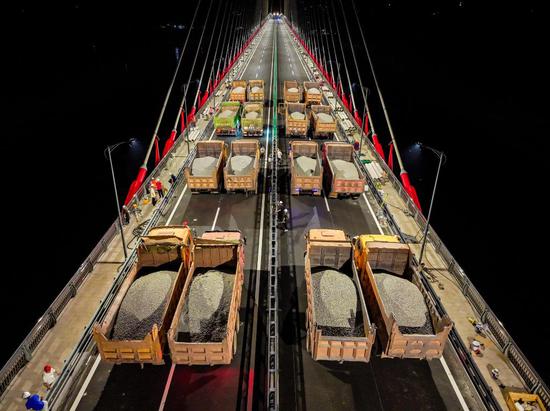
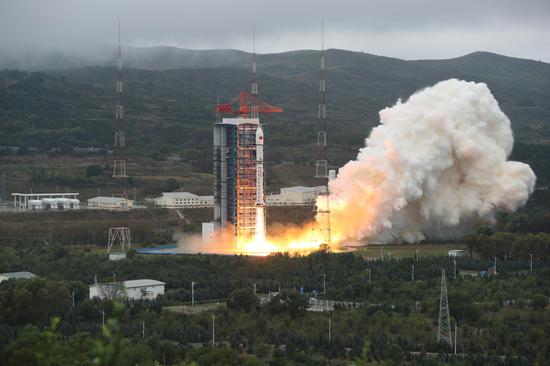
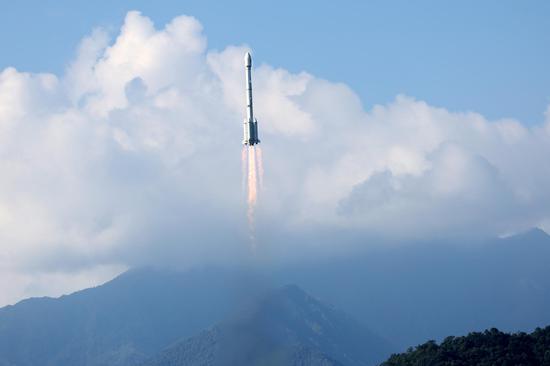







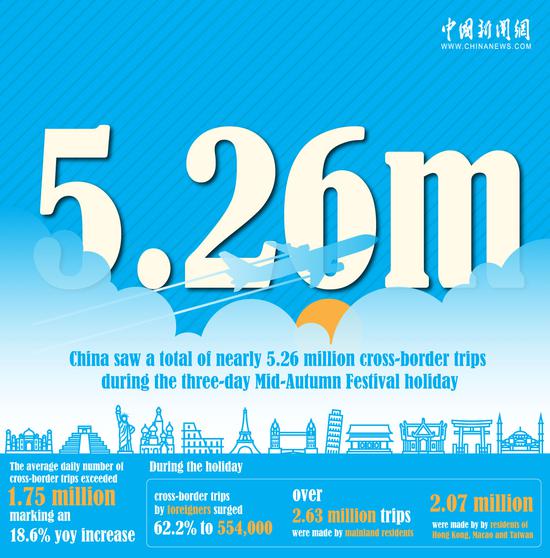
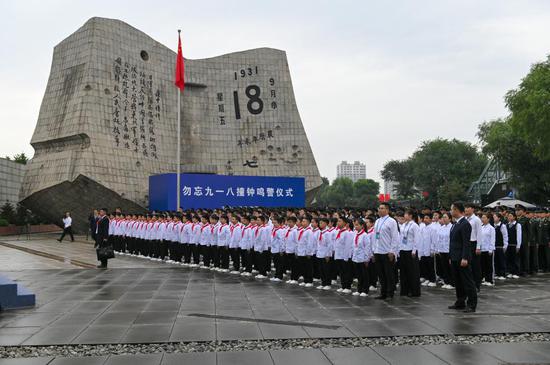

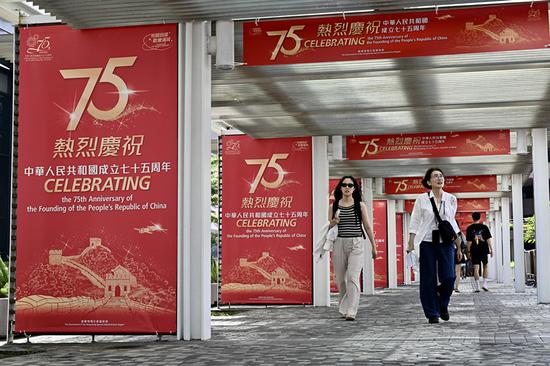



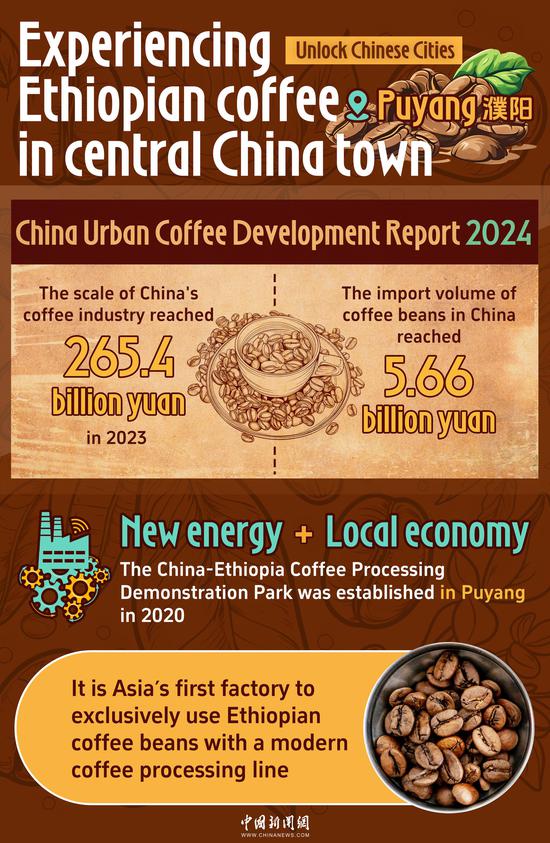
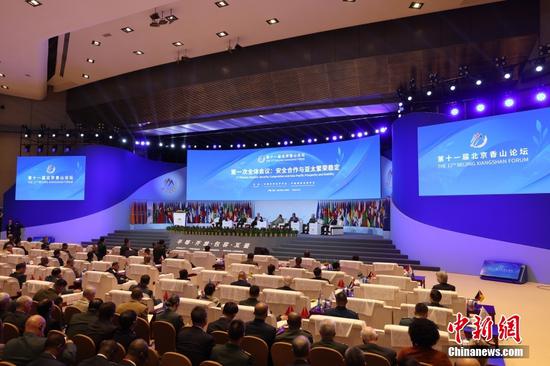









 京公网安备 11010202009201号
京公网安备 11010202009201号